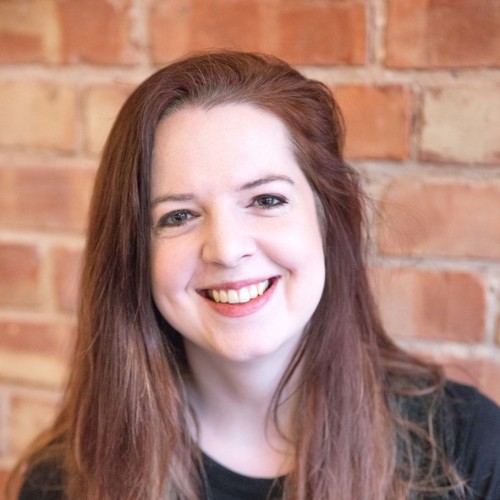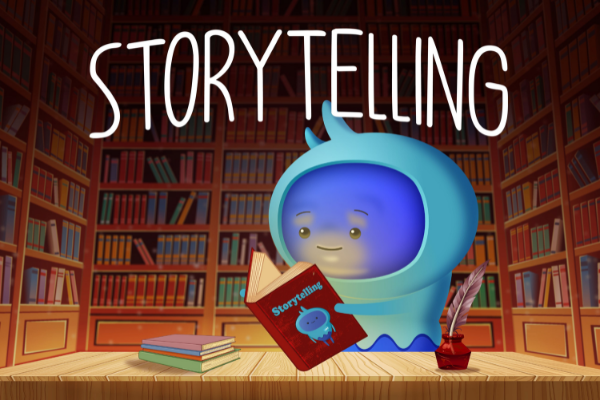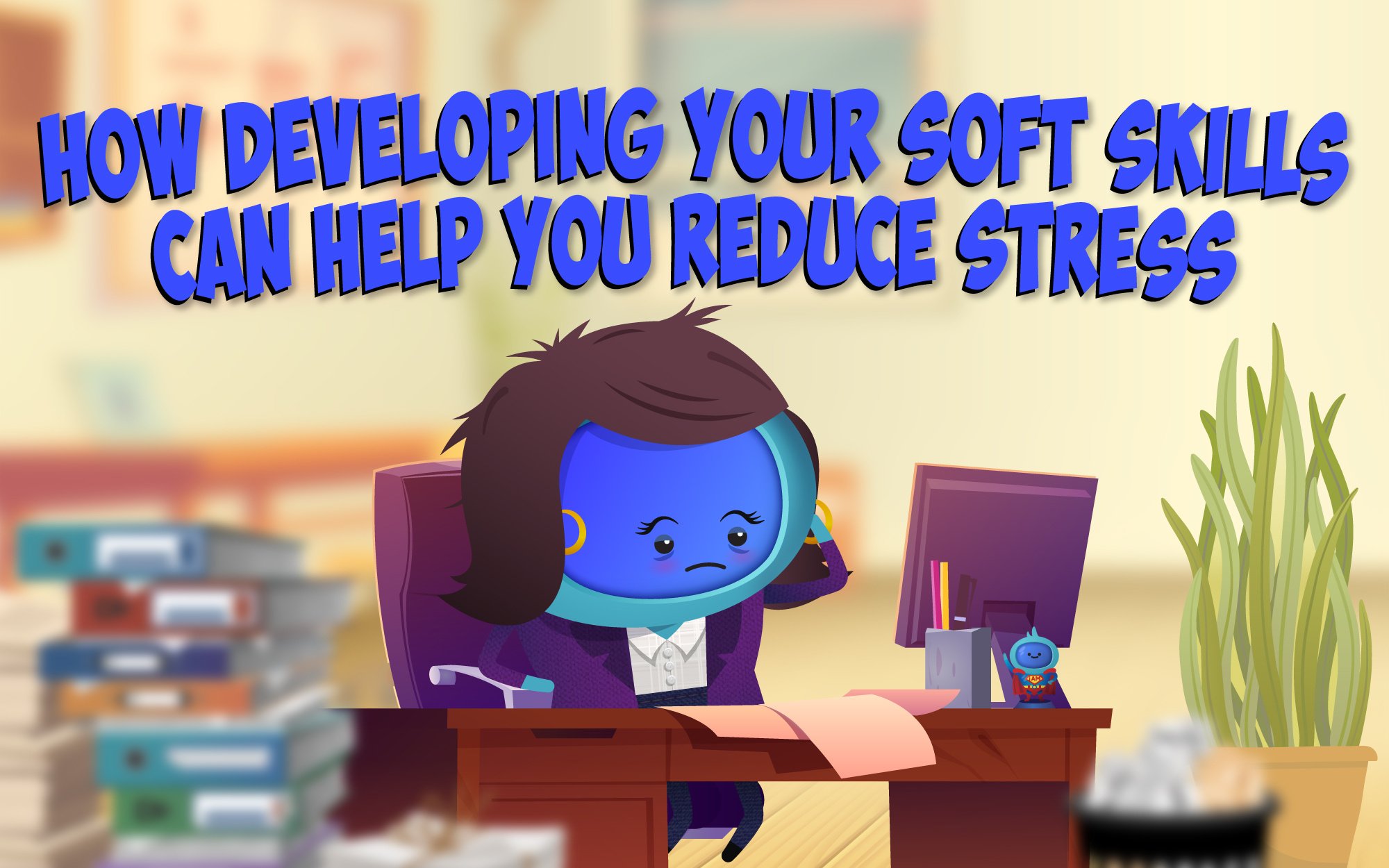Launching or scaling L&D as one person or a small team, can be…a lot. You’re facing an exciting challenge, but, like any new terrain which doesn’t appear with a comprehensive guide, you may feel a little lost.
In the first part of this blog series, I shared my top tips for starting out with a bang. Some of these were hard-won lessons for me and some are recent revelations which I’m still working through. But I really believe relationship building, studying the business strategy, curtailing your thirst for immediate perfection and reframing how you respond to setbacks, are a few great places to start. Check out my advice in full here .
If you’re still feeling overwhelmed or facing niggling teething pains, hopefully, the second part of this series can be of some comfort.
What else can you do or think about to supercharge L&D, with limited resources, budget and a big, blank space?
Delight in data
‘Delight’ might be a tad too far. Data might currently loom above you like some unknowable, multi-pronged nightmare. Or, you know, somewhere in the middle.
I’m not saying my approach was faultless and there aren’t smarter choices to be made, but I’ll share the strategy I went with.
I started with the reason my role was created. What was I there to achieve and impact? Primarily, my stakeholders brought me on board to find out how people felt and what they specifically needed to thrive.
I knew I needed data that would help me understand the status quo and also, what people honestly wanted and needed from the business.
Creating an annual, anonymous engagement survey to look at development, support and career progression (amongst other things), seemed like a good place to start. Other sources were useful surprises: overheard conversations, social chat on Slack, drinks after work, Glassdoor comments. Some sources were strings begging to be pulled; we had attrition data but lacked the stories behind it; considered exit interviews helped us to start digging into why people stayed and left.
Data inspired the pursuit of other data. I launched 30 and 90 day onboarding interviews after learning that the new joiner experience was largely self-led and erratic. I needed to get closer to the start of the employee journey – did people feel welcome, prepared, included and supported? What could we do better or differently?
I also (much later on, realising it was an important aspect) looked into what our competition offered in terms of internal L&D – to benchmark and inspire.
What do you need to inform yourself and make evidence-backed decisions? What’s available now? Utilise what exists and create only what’s essential. Start small and wisely and build from there. I’m currently experimenting with pulse surveys, so I can temperature check regularly and dig deeper into emerging trends and issues. But in the beginning, my data sources were basic and minimal.
If there are six different directions you could run in, but doing so would break you into six pieces, which one can you home in on, which will likely add the most value or, as David James puts it, ‘move the needle.’?
Data is your friend. Gut feelings and assumptions aren’t enough and won’t help you become the credible learning leader you aspire to be.
Data analysis is a whole other blog!
Solutions to problems, not plasters
I say this one lightly, because, you’re definitely going to apply a few plasters, thinking you’ve fixed everything. It’s a rite of passage.
To get better at anything, it’s pretty essential that we make mistakes. Not that it always feels like a welcome and wonderful learning experience at the time.
Included in my personal highlight reel, is where I’ve confidently implemented a ‘solution’ which has triggered even more problems.
Last year, I thought an early Friday finish for a month, to support wellbeing, was a smart crowd-pleaser.
The crowd was not evenly pleased.
For those with strict turnarounds, locked into ongoing projects, who were already feeling the pressure, I just heaped on a bit more stress. Either they finished at 3pm, further squeezing their available time, or they couldn’t take advantage of it, but had to witness others gleefully packing up early.
I’d just whacked on a plaster, albeit with enthusiasm and the best of intentions.
The real work had to begin – acknowledging my assumptions and the confines of my own experience, then moving past them into the reality across the business. I discovered some of the root causes for that lack of time: pressing recruitment needs, holiday approved during a busy period putting strain on the remaining team, and manual processes eating up precious hours.
The long-term solution wasn’t a shorter Friday every now and again. Nor was it a solely L&D initiative. I wanted us to become a team who prioritised, valued and made time for self-development, so I needed to think bigger and broader with data which demonstrated the full picture.
Challenge yourself when you think you’ve landed on the answer. Will a ten-minute course really help a manager become more sustainably empathetic? Will one monthly campaign eradicate bias from your recruitment process? Does your one size fits all solution really fit all?
The reality is often more concealed and complex than it appears on the surface.
Show you're a receptive listener
You’re having lots of conversations, gathering data and asking questions. Nicely done.
But are you communicating what’s happening with all of it? Are you bringing people along for the journey?
We share and contribute for different reasons, but part of the motivation to do so is usually the belief it will have an impact. So, if we’re squirrelling away behind the scenes, hardly coming up for air (except to ask for more feedback), there’s a chance interest in speaking up will start to wane. It doesn’t take long to feel like gaining your honest perspective was a tick-box exercise for the business.
This doesn’t mean there can’t be a delay in receiving information and acting on it. Feeling pressured into a plaster-applying frenzy won’t help you in the long term either (see above). It’s about setting expectations and giving specifics. It’s also really important to resist the urge to make excuses, reduce or skim over the bits you don’t like.
We ran our engagement survey in Dec22 and said we’d share the results in Jan23. In the Jan meeting, I was very clear on what it wasn’t as much as what it was – it wasn’t a plan of action, it was a high-level summary of responses. I’ve promised updates in every weekly meeting – what we’ve done and what we’re working on. I’ve also made my quarterly priorities public so everyone knows what they can hold me accountable for. If those priorities shift, I’ll be the first to talk about why.
I’m sure we’ve all worked in a business that over promises and under delivers – it quickly leads to frustration and disconnect.
If you can’t stick to a deadline – own it. If deadlines continuously slip, accept that you’re going to have to battle a lot harder to regain trust, and there’s likely value in addressing what’s really going on. Unfeasible deadlines? Poor time management? Committing to too much?
For a long time, I was fixated on the ‘You said, we did’ model, for clearly demonstrating real action: You said there weren’t any manager development opportunities, so we’re now offering a leadership apprenticeship scheme to all managers.
I still like this model. It’s just missing a middle part (in my humble opinion). You said, collaboration, we did. Not quite as punchy, I admit.
Last year, I listened to the issues and ran straight to the solutions. This year, we’re going to work with everyone on what the solution could be. Workshops. Focus Groups. Polls. Trials. Extra digging and questions are probably overkill if there’s been overwhelming demand for a digital copy of a training handout. For the bigger things though, more exploration is likely called for. Take the management training example – you know there’s a need, but where is it coming from? Is an apprenticeship the answer? Does everyone want and need to develop in the same way? I doubt it.
Some of my best and more successful initiatives have come from…other people. From someone disagreeing with me or showing me something I didn’t see.
Putting our ideas out there, or admitting we need help finding the answer can feel uncomfortable. Maybe we’ve invested a lot of time in a concept or think we need to look like we can solve everything alone. These lovely feelings can take time to understand and park. But you’ll be all the better for it.
Working with others, getting their input and paying attention to different perspectives inspires more creative, resilient and fit-for-purpose ideas. People are way more likely to buy into something they had a hand in from the get-go too.
Year in review
It might be as Christmas approaches, on Blue Monday, or the exact moment the clock strikes 12 months into your new role. But have a date in mind to thoroughly reflect on how things have gone.
I turn off my notifications, set myself to ‘Do not disturb’, block out my calendar and get comfy.
What didn’t go as well as planned? Why?
What did I achieve and how do I know I achieved it?
What does all of this mean going forward?
Much like surveying my wardrobe and deciding to give those objectively questionable items to charity, I always feel better after a sort-out. Out with the old and in with the new.
Your realisations won’t necessarily be earth-shattering. They might centre on how you work or incorrect preconceptions. My first reflection was, ‘People don’t want the same things. It has to be about choice and personalisation.’
I noted down things I wanted to start doing, like an in-person end-of-year with my key stakeholders. Self-appraisal is super valuable but I also needed a 360 take on things and crucially, to align on the year ahead.
Conversely, there were things I wanted to stop doing, like taking so much on. 2023 is about doing less which ultimately does more. Adopting an MVP (minimum valuable product) mindset.
Be honest and direct, but be kind with it. I got a lot wrong last year which will make me better at my job this year. Every moment where I was uncomfortable, unprepared or mistaken, taught me something important.
It’s when you’re not learning that you need to worry. (I thought it would be nice to end on a threat).
Want to chat?
With iAM Learning, our in-house L&D team are with you every step of the way, from launch to learning strategy. Plus, the great news is that as part of your subscription, you'll get free L&D consulting from our team! That's right, absolutely free!
Our team has a wealth of knowledge, ranging from years of L&D experience to content design, business strategy and marketing - so you'll have all the support you need to supercharge you're L&D game!
Get in touch with our L&D Manager, Gemma Glover, today or connect with her on LinkedIn. She'll be more than happy to speak to you!
Want to read part 1 of the blog? Check it out here!





